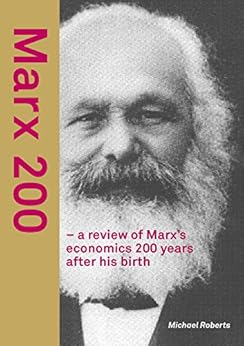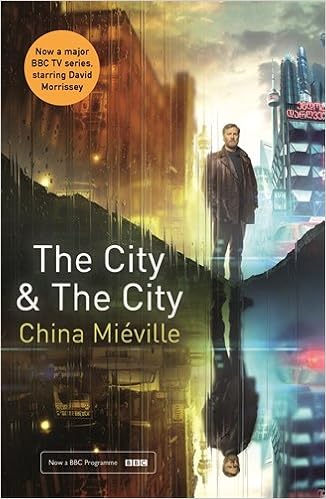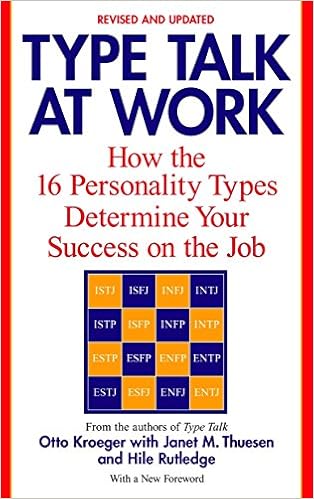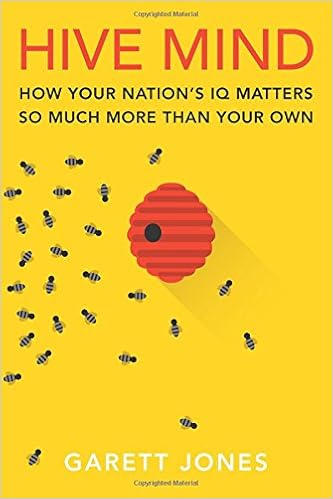Michael Roberts' second chapter of his book,
Marx 200, is titled "
Marx and the three laws of motion under capitalism". The 2nd law is that of
accumulation.
"Marx is saying that competition among capitalists forces them to continue to expand their production in order to accumulate more profit or be driven out of business by others. So the law of capitalist accumulation says that competition makes each individual capitalist keep constantly extending capital. The trend is for the proportion of the economy devoted to investment in the means of production (machinery, plant, offices, raw materials) to rise. This has happened pretty much from the point of Marx's birth in all capitalist economies."
I'm going to work through an example from Duncan Foley, "
Understanding Capital" to show how this works (p. 56) although in this case we're
reducing labour rather than explicitly expanding capital investment.
---
Animals, and people in a hunter-gatherer state, work just hard enough to sustain themselves for the long term. Anything else implies pointless activity, wasting energy. Lions spend time lazing around and grooming each other; hunter-gatherers likewise.
This all changes with the invention of agriculture. Suddenly, if people work harder and longer than required for their
own sustenance, they produce a
surplus which can be appropriated by a ruling elite of warlords, warriors and priests to sustain
themselves. Good for civilisation no doubt: not so pleasant for the overworked and intimidated mass of slaves and peasants.
It was Marx's contribution to understand that capitalism is not different in appropriating surplus labour. The manner of it is obscured: workers are paid for their utility, their
ability to labour,
not for what they actually produce (essentially they are paid on average sufficient to reproduce themselves at some
contestable level of consumption).
Once agreeing to employment, however, they are put to work by their employer who now controls what they do. The value of what they then produce is normally significantly greater than the
value of their labour power = wage. Thus emerges profit and those great surpluses which have built our magnificent civilisation (owned by the elites as in all previous post-neolithic modes of production).
This is all in Foley and
other places, so I won't continue with Marxism 101. Let's get to the example.
---
Foley considers that an
hour of abstract social labour is sufficient to produce 10 bushels of wheat. It's a tradition in Marxist economics textbooks to use Victoriana, copying Marx. Why didn't Foley choose
muesli?
An hour of abstract social labour equates to $15 in the example. Suppose the cost of the factory and raw materials comes down also to $15 for 10 bushels of wheat and suppose that the value of the worker's labour-power is $7.50, his wages.
Then the
exchange-value of 10 bushels of wheat is, using Marx's standard formula
c + v + s is:
c + v + s
15 + 7.50 + 7.50 = 30
representing an hour's work ($15). The
cost is 15 + 7.50 = 22.50, the
profit is the surplus value
s, 7.50 and the rate of profit is profit/cost =
s/(c + v) = 7.50/22.50 =
1/3.
So we imagine lots of little workplaces all producing wheat like this and making a profit of
33%.
---
Now someone develops a new technique which lets those 10 bushels of wheat be produced in 2/3 of an hour, forty minutes instead. This means that in an hour, 50% more wheat can be produced. Productivity has gone up.
So in forty minutes, the value of 10 bushels of wheat looks like this:
15 + 5 + 10 = 30.
Interesting. The production occurred over forty minutes, so the labourer's wage was two thirds of the hourly rate ($7.50) and only incurred a cost of $5. But no-one yet has followed the innovative capitalist's example, so he's a price taker and can sell his 10 bushels of wheat at the existing market price of $30.
He gets a super-surplus of $10 and a super-rate of profit of 10/20 = 1/2 or
50%.
You can see why he was incentivized to innovate.
---
Of course, everyone will now follow him, so assuming the workers consent to the continuing intensity of work (100% rate of surplus value) the price will drop and the new state of affairs for the production of 10 bushels of wheat is:
15 + 5 + 5 = 25.
The profit on 10 bushels of wheat is $
5 and the rate of profit is 5/20 = 1/4 =
25%.
Oh dear, due to increased efficiency and less labour being used, the rate of profit has fallen. This is Marx's third law .. although it is more complicated in practice than in this simple example.
---
There is more to say. Notice that the
value of 10 bushels of wheat (here equated to its market price) has fallen from $30 to $25, a drop of 1/6 (17%). This is the effect of productivity gains - they drop the price of commodities.
Suppose that, ludicrously, the workers survive only by consuming wheat. Then their costs of self-reproduction have just declined by 17% and thus their equilibrium wage should also tend to drop by the same amount: $7.50 → $6.25 per hour - which equates to $4.17 in forty minutes. So there is a new value composition for 10 bushels of wheat:
15 + 4.17 + 5.83 = 25
and the rate of surplus value
(s/v) has gone up due to the cheapening of labour-power, consequent upon the cheapening of the commodity wheat.
This means that the rate of profit is now: 5.83/19.17 =
30%.
It's not as good as the original
33% but it beats
25%.
Will the workers consent to their wages being lowered to their new values (either directly or through devious means such as inflation)? Nothing in the dynamics of capitalism preordains the outcome. It depends on how hard they're prepared to negotiate and fight. This is a zero-sum game, Marx's analysis of
class struggle.
Of course if they fight too successfully for wages
above the value of their labour power they will indeed cut into profits .. and the capitalist will invest elsewhere.
---
This process of continual accumulation and innovation, driven by competition, is characteristic of capitalism within a sector. For a while I confused it with quite a different issue which is the equalisation of the rate of profit across different sectors.
Here's the problem: profits are defined as
s/(c + v) which seems to reward companies with low capital investment and high manning. So hairdressers should be way more profitable than steel companies. But that makes no sense.
Marx figured out pretty early that real market prices in a multi-sector capitalist economy (which is all of them) fluctuate around
prices of production, not the simple
values we saw in Foley's example. Why is that? Because capital flows between sectors equalising the rate of profit. This causes prices of production to fall below values in labour intensive industries and to rise above values in capital intensive industries.
Michael Roberts has this fairly self-explanatory table on page 84 of
Marx 200.
The right hand column has
prices of production (
Total Price) which equalise the
rate of profit
p/(c+v) which is 49% in his example - the
absolute profit is in the column
p.
Notice the redistribution. I'm not going to delve any deeper here - get his
book.































